Early education lays the foundation for a child’s future learning journey. In this dynamic era, integrating robotics into the early education curriculum has become increasingly essential. So, why delve into the world of robotics at such a tender age? The answer lies in the numerous advantages it brings to a child’s overall development. In this blog, we will explore the 12 key benefits that introducing robotics in early education can offer to our young learners.
12 Key benefits of robotics in early education
Robotics in early education isn’t just about playing with robots; it’s a doorway to a plethora of developmental advantages. Let’s delve into the specific benefits that this engaging subject brings to the young minds:
- Sparks Interest in STEM – Introducing robotics early sparks an innate interest in Science, Technology, Engineering, and Mathematics (STEM). The hands-on nature of working with robots captures a child’s curiosity, laying a strong foundation for future STEM pursuits.
- Prepares for Future Careers – The United States Bureau of Labor Statistics expects employment to grow 2% by 2031 for mechanical engineers, which includes robotics engineering. Early exposure to robotics cultivates essential skills needed for future careers, especially in fields like robotics engineering, artificial intelligence, and other technology-driven professions. It instills a proactive approach to learning and problem-solving.
- Enhances Problem-Solving Skills – Robotics activities involve solving real-world problems through trial and error. This process sharpens a child’s analytical thinking and problem-solving skills, fostering resilience in the face of challenges.
- Promotes Creativity – Working with robots encourages creative thinking. Children are inspired to ideate, design, and innovate as they bring their robotic creations to life, fostering a spirit of creativity and out-of-the-box thinking.
- Develops Critical Thinking – A study conducted by Ingrid Lorelei J. Cruz at Southern University Shows that educational robotics significantly improved critical thinking skills. The logical reasoning required to program and operate robots enhances critical thinking abilities. Children learn to break down complex problems into manageable components, fostering a structured and analytical mindset.
- Encourages Collaboration – Robotics projects often involve teamwork. Collaborative efforts teach children effective communication, cooperation, and the ability to work harmoniously with peers towards a common goal – crucial skills for future success.
- Boosts Confidence & Self-Esteem – Successfully building and programming a robot instills a sense of accomplishment in children, boosting their confidence and self-esteem. This newfound confidence transcends into other areas of learning and personal development.
- Provides Real-World Understanding – Interacting with robots offers a tangible understanding of real-world applications of theoretical concepts. This practical exposure bridges the gap between classroom learning and its real-world implications.
- Helps Develop Design Thinking Skills – Robotics involves the design-thinking process – from conceptualizing an idea to planning, prototyping, and refining. This holistic approach nurtures creativity and a structured problem-solving methodology.
- Cultivates Programming/ Coding Skills – Early exposure to coding through robotics lays the groundwork for future programming skills. Children develop a basic understanding of coding languages, preparing them for more advanced coding concepts in later education. you can also checkout playto labs online coding classes for kids.
- Enhances Product Design and Development Skills – Creating robots involves a miniature form of product design and development. Children learn about design principles, functionality, and iterative improvement, providing a glimpse into the product development lifecycle.
- Offers Fun and Educational Experience – Above all, robotics in early education transforms learning into a fun and engaging experience. It captivates children’s attention, making education an enjoyable journey that sparks a lifelong love for learning.
The benefits of introducing robotics in early education extend far beyond the classroom, shaping the trajectory of a child’s educational and professional journey. Now, let’s delve even more deeply into how robotics in early education significantly impacts a child’s overall development and learning experience.
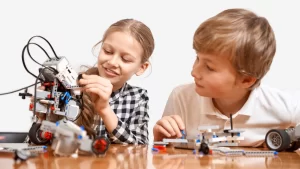
How does learning Robotics help your child in the future
Learning robotics in early education offers many future benefits, shaping your child’s overall growth beyond the classroom. Let’s explore how it can positively impact your child’s future –
- Get better admissions to universities – In the best international or foreign universities, admission criteria go beyond just academic performance. The selection process often involves assessing a student’s intent, motivation, and extracurricular activities. Many universities require applicants to submit essays or motivation letters to understand the candidate better. For students aspiring to study abroad, having a meaningful background in early education is crucial for crafting compelling essays. Without notable experiences or skills, writing a standout essay becomes challenging. However, early exposure to robotics education can significantly enhance a student’s chances.Consider the example of a Playto Labs student who aimed to study abroad. Upon the recommendation of his teacher, he enrolled in Playto robotics classes. Throughout the course, he actively engaged in building robotics projects, participated in competitions, and even showcased his work on platforms like YouTube. These experiences became the backbone of his essay. He eloquently expressed his passion for technology, referencing specific projects and providing tangible proof of his dedication. This not only made his essay compelling but also played a pivotal role in securing admission to a prestigious university. In essence, learning robotics in early education not only equips students with valuable skills but also enriches their experiences, making them standout candidates for admission into top universities worldwide
- Get better jobs – Starting a robotics journey in early education not only shapes a child’s learning but also sets the stage for future career success. In today’s advancing tech landscape, robotics offers growing career prospects, with expanding job opportunities in various industries like manufacturing, healthcare, and artificial intelligence. The United States Bureau of Labor Statistics expects a rising demand for professionals with robotics skills, reflecting the field’s increasing importance. Learning robotics early equips individuals with sought-after skills, providing a competitive edge in the job market. This prepares them for rewarding career opportunities and meaningful contributions to the evolving workforce.
- Become an entrepreneur – Early robotics education sets the stage for a future entrepreneurial spirit in kids. As they create and refine projects, receiving guidance from teachers and adapting based on feedback, children learn the essence of problem-solving and continuous improvement. This iterative process, similar to how entrepreneurs develop and enhance products based on market feedback, instills a mindset of innovation and resilience, laying the groundwork for their entrepreneurial journey ahead
- Become a scientist – Starting the path to becoming a scientist begins with early exposure to robotics. It’s like opening a door to a world of curiosity and hands-on learning. Robotics introduces young minds to important scientific ideas, helping them think critically and solve problems. This early experience not only builds essential skills but also fosters a scientific mindset. It’s like planting the seed of curiosity that can grow into a passion for scientific exploration. So, learning robotics in early education becomes a fun and impactful way to nurture the scientist within. In an interesting online talk organized by Playto Labs on their YouTube channel, the focus was on Radha Krishna Kavuluru, a former ISRO scientist. As the host explored the fascinating world of space, a question popped up: “What got you interested in becoming a scientist?” Radha Krishan shared his journey. Back in high school, with limited internet, he found joy in meteor showers and explored the skies using apps like Stellarium. The host, curious about the roots of his scientific journey, asked about the moment that sparked his love for space. Radha Krishan revealed that these early hobbies led him to dive into physics and math. As the story continued into his B.Tech at IIST, he not only studied physical sciences but also got hands-on in labs observing the stars. These labs, with telescopes and tracking celestial bodies, allowed practical experiments. Radha Krishan highlighted that what began as a hobby in high school transformed into hands-on exploration, eventually shaping his path to becoming a scientist. This engaging tale demonstrates the impact of early interests and practical experiences in shaping the journey of a future scientist.
- Gain a competitive edge in job markets – In today’s competitive job markets, possessing a foundation in robotics education elevates your employability to new heights. Early exposure to robotics not only hones technical skills but also nurtures critical thinking and creativity. Employers seek candidates with a multidimensional skill set, and a background in robotics distinguishes you from the crowd, showcasing adaptability and innovative thinking. This distinct advantage positions you as a sought-after candidate, ready to navigate and contribute to the evolving demands of the professional world
- Ignites passion for research and discover – Participating in robotics classes early on helps kids discover and love learning. It’s like a spark that makes them curious and excited to explore more about how things work. When they build and fix robots, it’s not just about robots; it’s about discovering new things and wanting to learn more. This excitement stays with them, making them naturally curious about science and technology, and it becomes a fun adventure of exploring and learning new stuff.
Why is robotics in early education gaining popularity across the globe?
Below are some of the reasons why robotics in early education is gaining popularity across the globe –
- Preparation for Future Technology: Robotics in early education is gaining traction globally due to the increasing role of technology in everyday life. Parents and educators recognize the importance of preparing children for a future where technology, including robotics, will be ubiquitous.
- Holistic Skill Development: The popularity surge is attributed to the holistic skill development that robotics education offers. Beyond coding and technical know-how, it nurtures critical thinking, problem-solving, creativity, and collaboration – essential skills for success in the 21st century.
- Global Competitiveness: As the world becomes more interconnected, there is a growing emphasis on ensuring that the upcoming generation is globally competitive. Robotics education is seen as a key contributor to fostering a globally competitive mindset and skill set.
- Alignment with Industry Trends: The rising prominence of robotics in industries fuels the popularity of early robotics education. Parents and educators recognize that aligning education with current and future industry trends is crucial for students’ success in the job market.
What is the right age to start robotics?
Determining the right age for a child to start learning robotics is a common query among parents. Research and educational experts suggest that the optimal age for introducing robotics education is around 8 years old. At this age, children typically have developed the cognitive and motor skills necessary to engage with robotics concepts effectively. They can understand fundamental principles, follow instructions, and actively participate in hands-on activities, fostering a deeper understanding of robotics.
For more insights on the ideal age to commence robotics education for kids, you can read this article on “What is the Right Age for Kids to Start Robotics?”
How to begin a Robotics Journey in early education?
Getting started on a robotics journey during early education is super exciting for your child! Here’s a step-by-step guide to kick off this awesome adventure:
- Online Robotics Classes: Start by exploring online robotics classes for kids where your child can learn about robots in a fun way. Platforms like Playto Labs, Roboversity, Skyfi Labs have friendly teachers who make learning easy. These classes cover cool stuff like robotics, coding, AI & IoT etc, and your child can attend them from home.
- Build Robotics Projects: Let your child dive into hands-on projects. They can build a simple robot or create something that moves using everyday items. Projects are like playing with toys while secretly learning how things work!
- Participate in Robotics Competitions: Imagine your child showing off their robot skills in a friendly contest. Competitions make learning exciting. They can join local or online events, meet other kids, learn teamwork, and maybe even win cool prizes! You can participate in renowned competitions like RoboCap League, FIRST Robotics, and VEX Robotics, offering diverse challenges and a chance to showcase creativity and problem-solving skills
- Attend Webinars: Think of webinars as online shows where experts share their knowledge. Playto Labs hosts webinars that are like watching fun videos. Experts talk about robots, and your child can ask questions or just enjoy learning new things. Playto Labs recently hosted a fascinating webinar on “Chandrayaan 3 for Kids,” attracting over 4,000 live viewers. These webinars provide a unique opportunity for kids to explore the wonders of space and technology from the comfort of their homes
- Explore Robotics Camps: Look for robotics summer camps tailored for kids. Whether it’s a winter robotics camp or a robotics summer camp for kids, these programs offer immersive learning experiences outside the traditional classroom setting. Google search can help you find various options available in your area. Enrolling your child in a robotics camp provides hands-on learning opportunities, fosters teamwork, and ignites their passion for robotics in a fun and engaging way.
Conclusion
In conclusion, introducing robotics in early childhood education is more than just a trend; it’s a transformative journey that shapes young minds for a future fueled by innovation. The 12 key benefits explored in this article, from sparking an interest in STEM to igniting a passion for research, showcase the profound impact that robotics can have on a child’s holistic development.
As the popularity of robotics in early education continues to rise globally, it becomes increasingly evident that this dynamic and engaging field not only prepares children for future careers but also instills essential skills such as critical thinking, creativity, and problem-solving.
FAQs
What is robotics in early childhood education?
Robotics in early childhood education involves introducing young learners to the world of robots and technology. It encompasses hands-on activities, coding exercises, and projects designed to nurture creativity, critical thinking, and problem-solving skills from a young age.
Why is robotics important in early childhood education?
Robotics is crucial in early childhood education as it cultivates essential skills like critical thinking, creativity, and problem-solving. It prepares children for the future by familiarizing them with technology and fostering a passion for STEM fields.
What is Robotics for kids?
Robotics for kids involves educational programs and activities that introduce children to the world of robotics. It focuses on making learning enjoyable and age-appropriate while fostering a love for technology.
Is robotics suitable for all age groups of early childhood?
While robotics can be adapted for different age groups, it is most suitable for children around 8 years old and above. Tailoring activities to age-appropriate levels ensures an engaging and effective learning experience.
Can robotics improve cognitive skills in young children?
Yes, robotics can improve cognitive skills in young children by promoting logical reasoning, problem-solving, and spatial awareness. Engaging with robots and related activities enhances cognitive development.
Are there age-appropriate robotics kits available?
Yes, there are age-appropriate robotics kits available in the market like Playto Labs robotics kit. These kits are designed to suit different age groups, providing hands-on learning experiences that match the developmental stage of the child.
How does robotics enhance creativity in early education?
Robotics enhances creativity in early education by encouraging children to design, build, and problem-solve through hands-on projects. It fosters innovative thinking and allows kids to express their ideas in a tangible form.
What role does robotics play in promoting problem-solving skills?
Robotics plays a crucial role in promoting problem-solving skills by presenting challenges that require logical thinking and experimentation. Children learn to analyze situations, identify solutions, and implement them through robotics activities.
How can parents support their child’s robotics learning at home?
Parents can support their child’s robotics learning at home by providing age-appropriate robotics kits, encouraging exploration, and participating in hands-on activities together. Additionally, engaging in discussions about the child’s projects fosters a positive learning environment.
How To Choose the Right Online Robotics Class For Your child?
Choosing the right Online robotics course for a child involves considering factors such as the child’s age, the curriculum offered, the teaching approach, and available resources. Parents should look for classes that align with their child’s interests and provide a balance of fun and educational content.
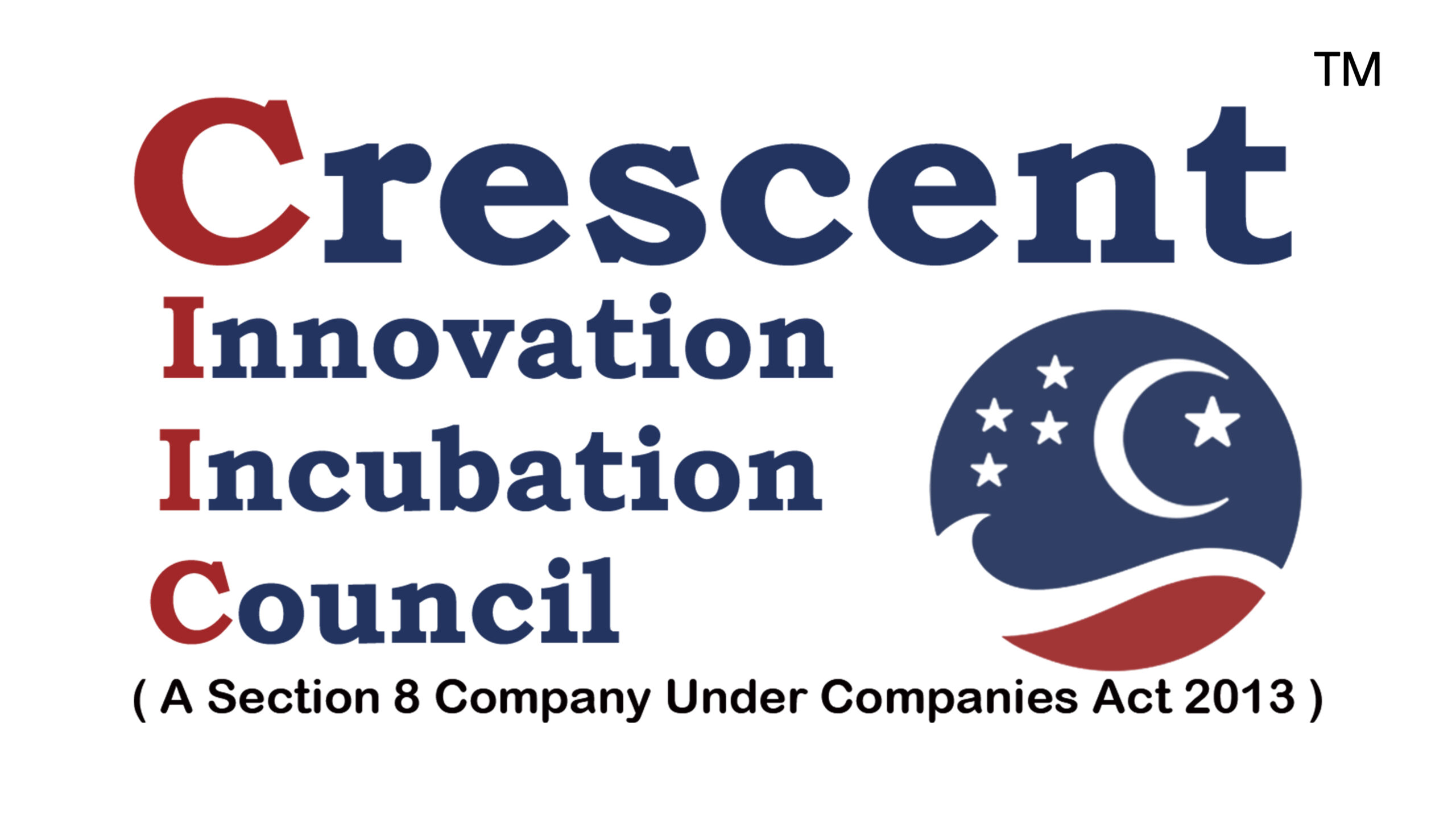

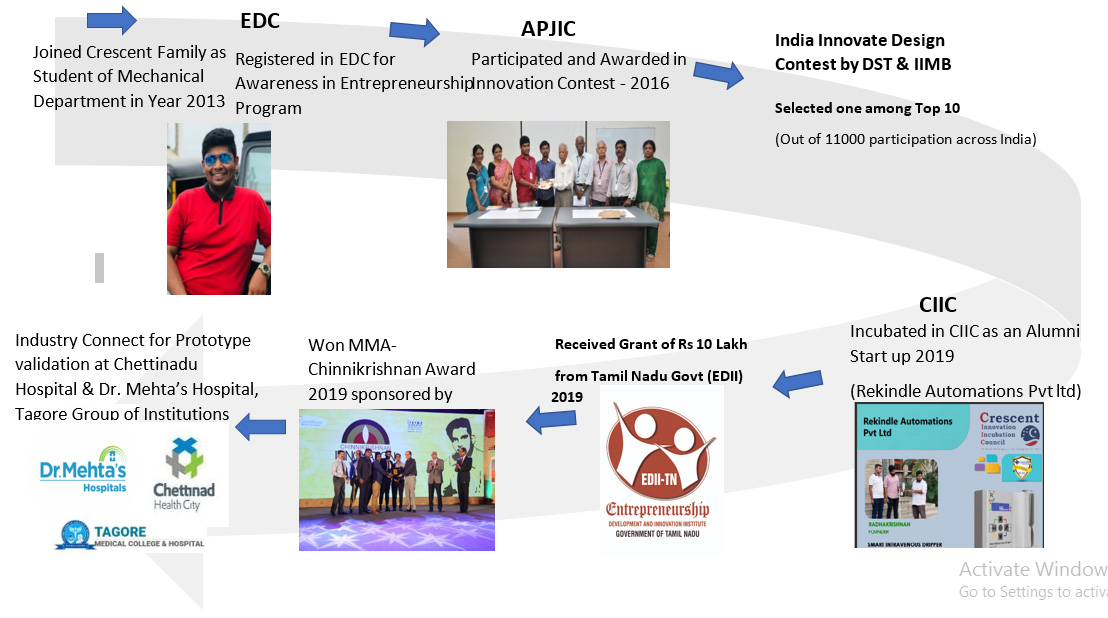
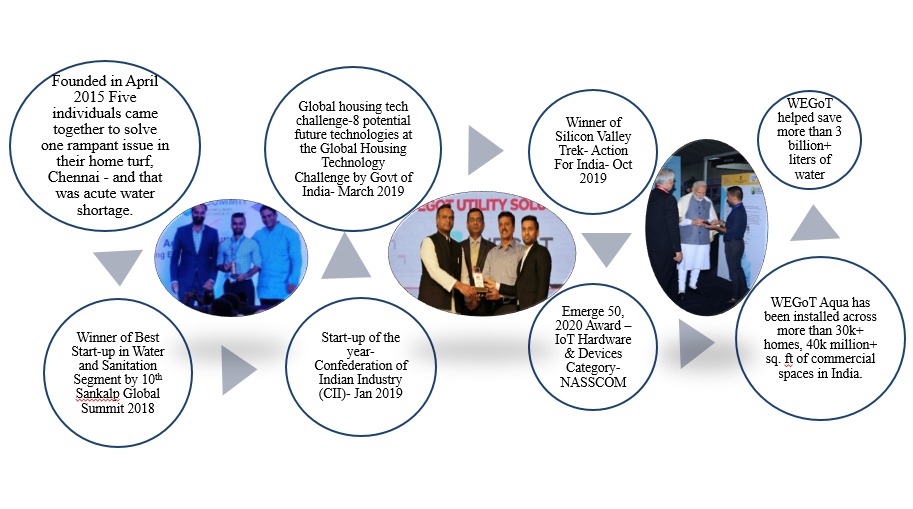

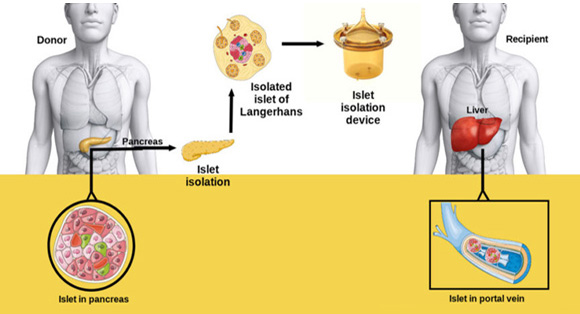
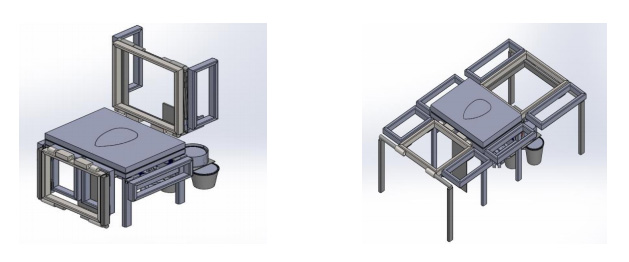
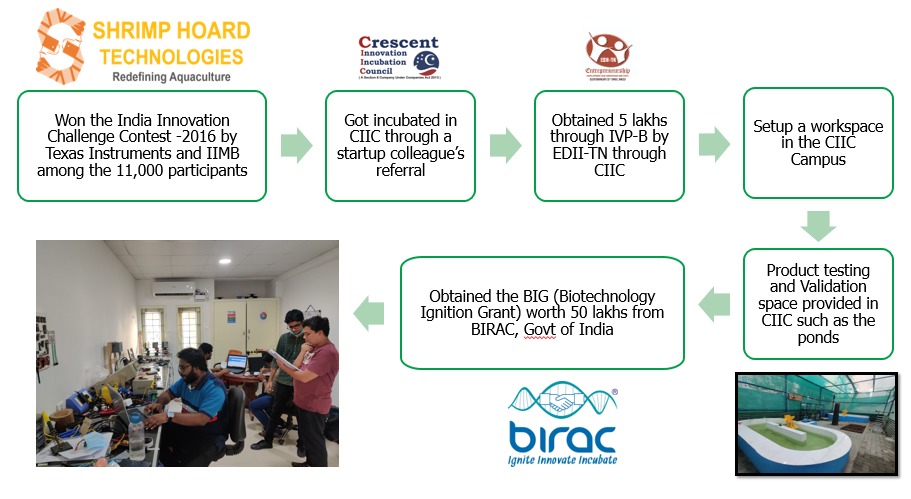

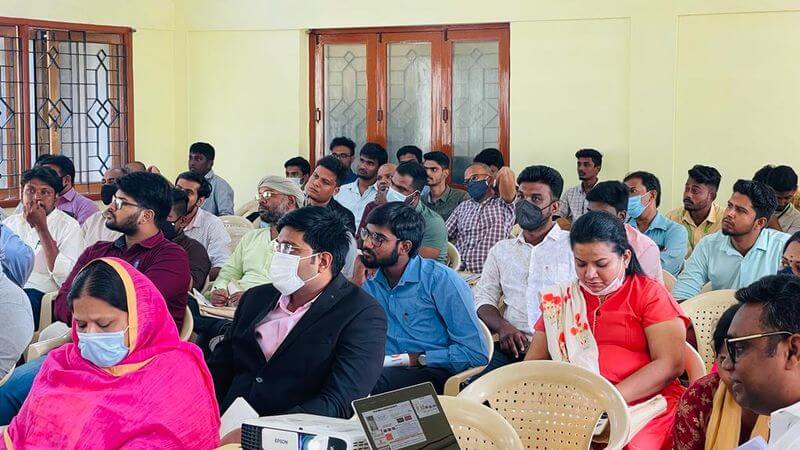

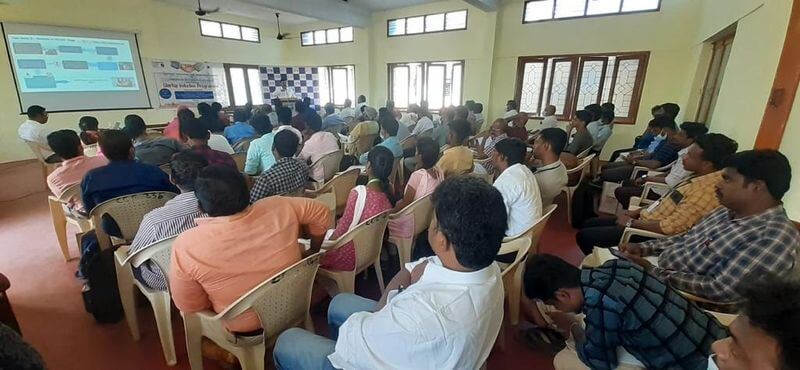
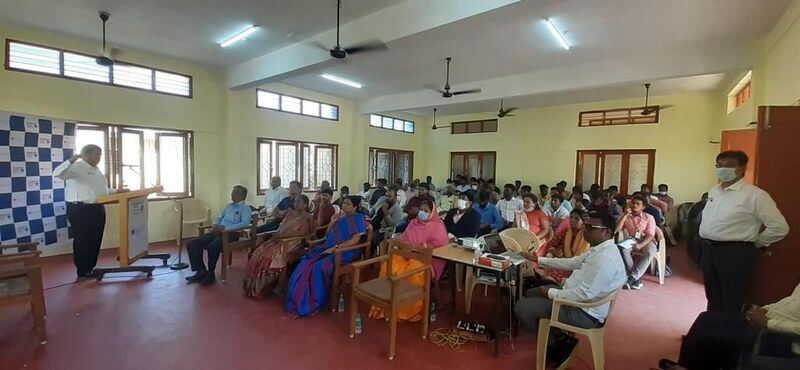
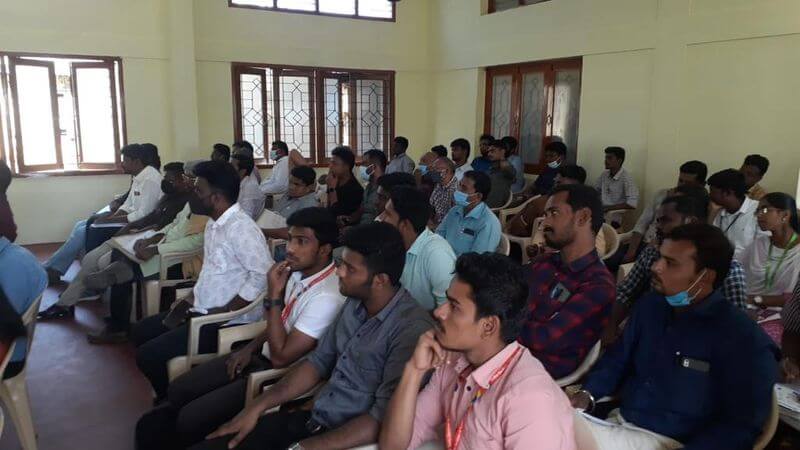
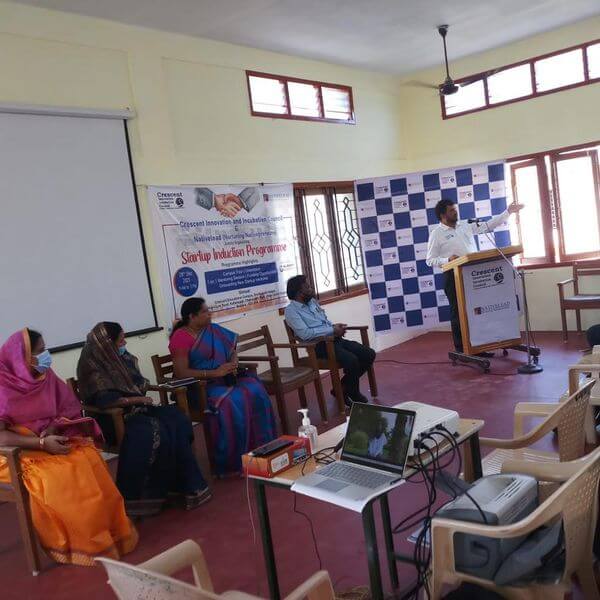
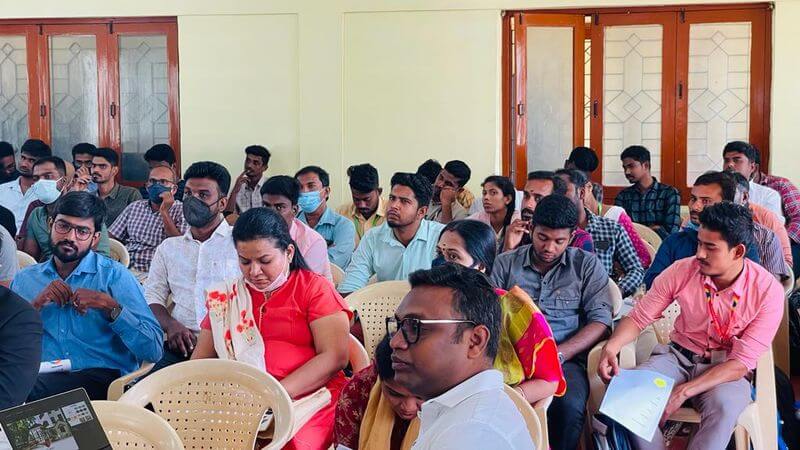

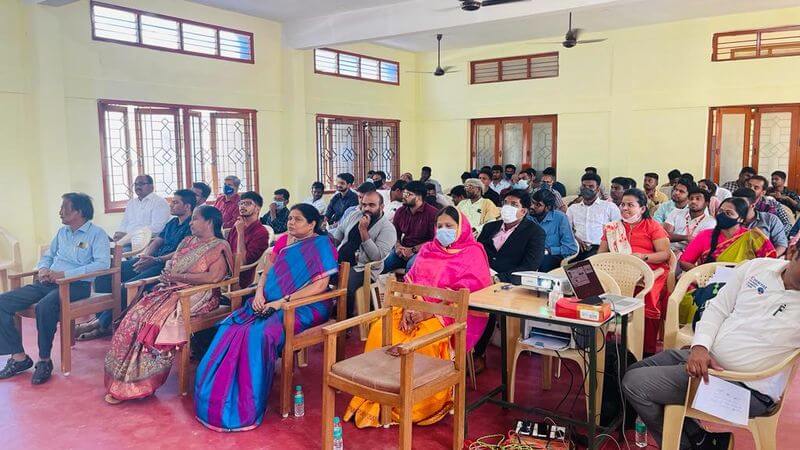

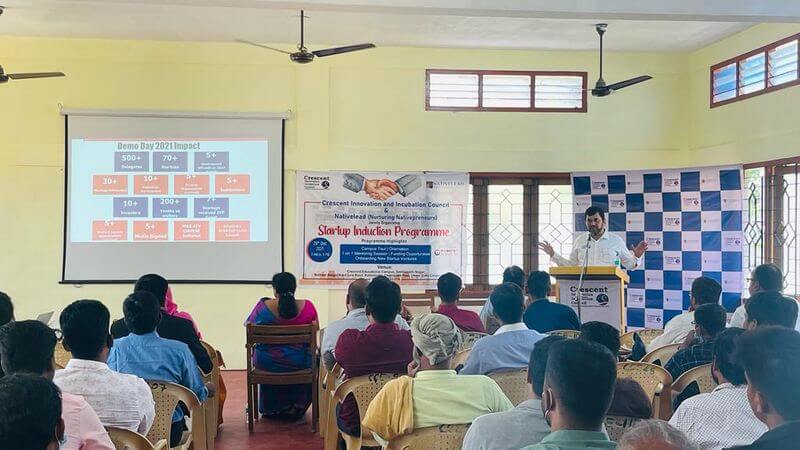
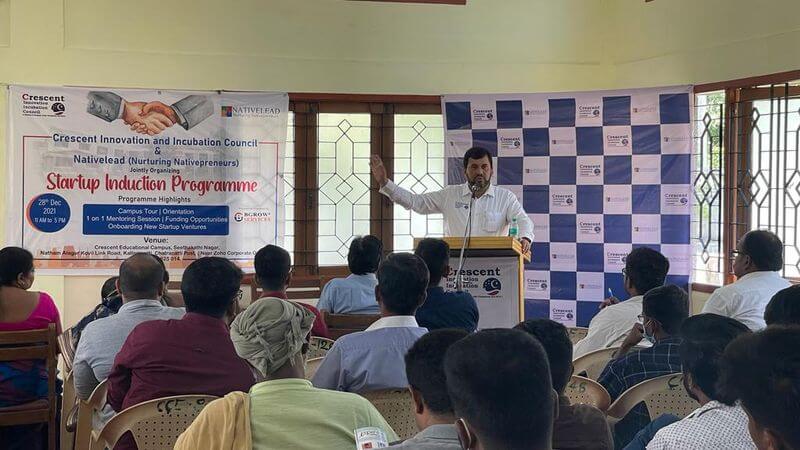
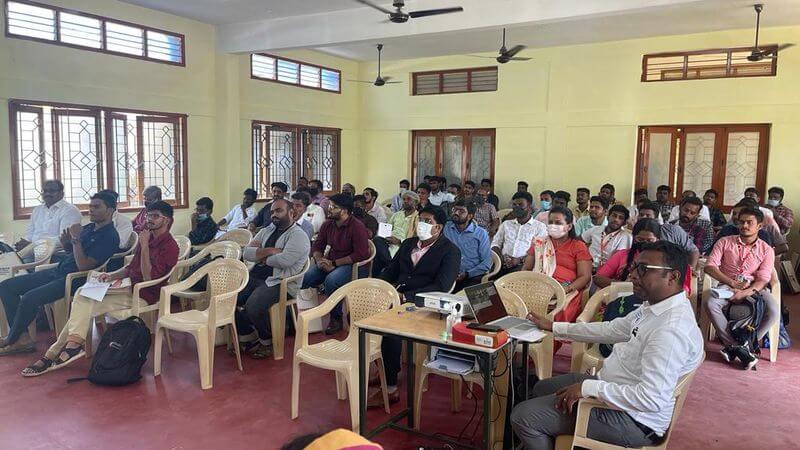

Thank you for shedding light on the importance of holistic education in India! It’s crucial to recognize that education extends far beyond the classroom walls. Integrating values, life skills, and extracurricular activities cultivates well-rounded individuals. Speaking of which, I’m curious about how day boarding schools in JP Nagar, Bangalore, embrace this holistic approach. Do they offer a diverse range of activities and programs to nurture students both academically and personally? Looking forward to learning more about this aspect of education in our community!